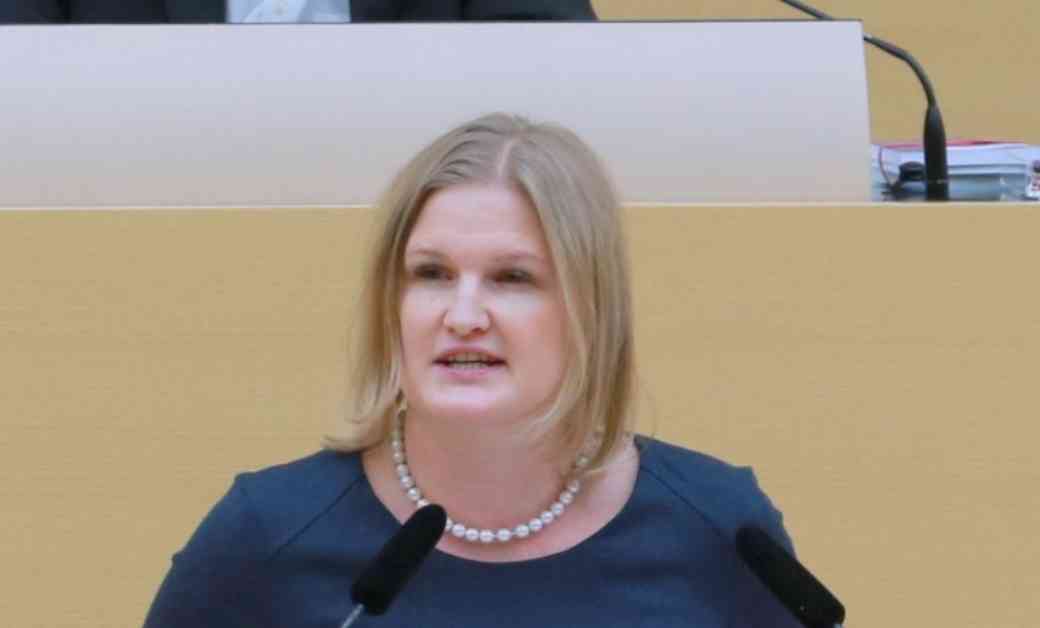AfD Leader Calls for Expulsion of Ukrainian Refugees
In a shocking turn of events, Katrin Ebner-Steiner, the leader of the far-right Alternative for Germany (AfD) faction in Bavaria, has sparked controversy by urging the immediate expulsion of Ukrainian refugees from Germany. This bold stance has raised concerns about the party’s growing influence and its potential impact on German foreign and humanitarian policies in the lead-up to the critical national elections in February 2025.
Challenging the Status Quo
Ebner-Steiner’s call for the expulsion of Ukrainian refugees comes amidst the ongoing conflict in Ukraine and Russia’s invasion of the country. The AfD has not only refused to condemn Russia’s actions but has also advocated for an end to military aid to Ukraine. This defiance of the mainstream political narrative underscores the party’s commitment to reshaping the political landscape in Germany.
Controversial Policies and Plans
The AfD’s official “plan for the future” includes a proposal for “comprehensive re-migration,” aimed at preventing the influx of individuals deemed unwilling to integrate into German society. This plan involves deporting all criminals and foreigners without a legal right to reside in the country, a move that has sparked outrage and condemnation from various quarters.
Implications and Consequences
If Ebner-Steiner’s proposal were to be implemented, it could affect up to 1.2 million people across Germany, with a significant number residing in Bavaria. The majority of these individuals are women and children who have fled the conflict in Ukraine in search of safety and refuge. The humanitarian implications of forcibly deporting these vulnerable populations raise serious ethical and moral questions about Germany’s responsibilities towards asylum seekers and refugees.
In the face of escalating tensions and divisive rhetoric, it is crucial for German citizens and policymakers to carefully consider the implications of such drastic measures. The treatment of Ukrainian refugees in Germany is not just a political issue but a humanitarian one that speaks to the core values of compassion, solidarity, and human rights. As the country prepares for the upcoming national elections, the choices made by voters will shape the future of Germany’s approach to immigration, asylum, and international relations.

















